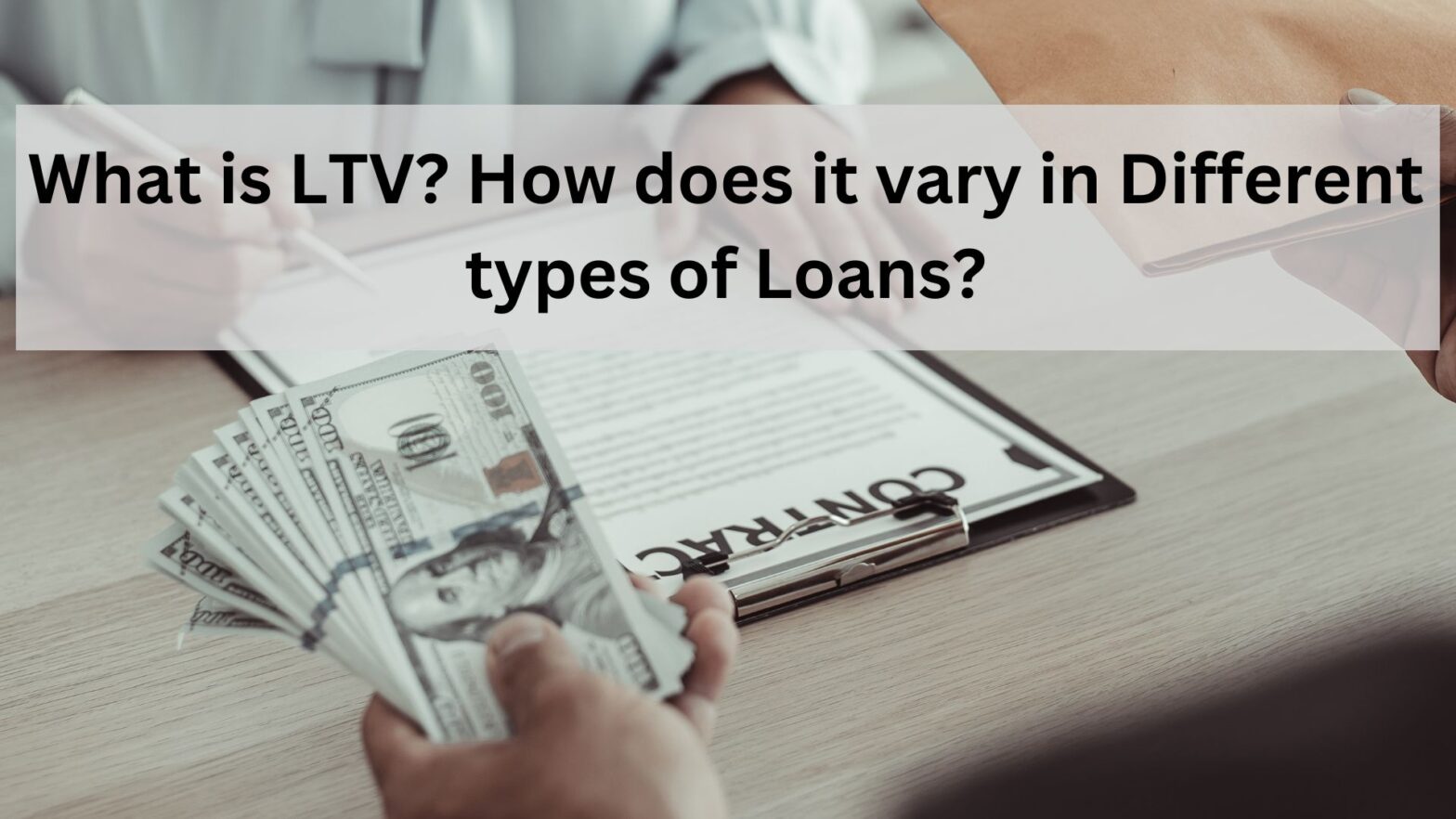Have you decided to expand your business by taking out a loan? You need to do the math cautiously; otherwise, the cost might surpass your capability. LTV, i.e. Loan-to-Value, is a critical element, especially when you are searching for mortgage options.
A deeper understanding of the various aspects related to getting a loan is a must but not always an easy thing to do. LTV has a considerable role to play when it comes to finalising the type of mortgage you should consider and its terms and conditions.
It defines a comparison between the mortgage size and the value of the property you want to own. For example, you might want to draw out £ 270000 to purchase a property of £ 300000. Here, the LTV is 90% which means you are borrowing this much value of the property. The deposit that you will provide will be £ 30000 which is 10% of the purchase price.
The type of the loan and the financial condition of the business must be considered to understand the LTV requirements. If you are struggling to spot an ideal property that fits your needs, you must consult business loan brokers. They can guide you in finding the best loan provider.
Exploring different types of lenders would be best. This way, you can determine if they are offering diverse options for borrowers like you. To acknowledge how this factor can vary depending on the type of loan, go through this blog carefully.
Factors influencing LTV for different loan categories
Do you know that the loan provider will emphasise LTV to make sure about approval? A higher value of it would mean a greater percentage of borrowing and much less deposit. For obvious reasons, this can be alarming for a lender.
The meaning of having a smaller-sized deposit is that the equity on the property is quite less. It will trigger a warning in the mind of the lender as getting loan payments on time seems suspicious. Moreover, you will have the fear of losing the asset forever because of late payments.
If you break down the calculation of LTV, it would come out like this.
LTV = MORTGAGE AMOUNT/ ASSESSED VALUE OF THE PROPERTY
On the other hand, a lower LTV would mean you have a bigger-sized deposit. Thus, the lender might consider you as the safest option to go ahead with. Likewise, there are other facets concerning borrowing that LTV influences.
However, the good thing is that this value is not a standard one. You can negotiate with the lender for a better offer depending on a few aspects, like perfect credit scores and a low debt-to-income ratio indicating stable financial condition. The chances of persuading the loan provider improve in this case.
The value of the asset can play a critical role in altering its value with time. Suppose the worth of the property has increased. The LTV value will drop as the amount you have borrowed is still the same. The opposite will happen if the property value drops.
Relation between LTV and credit score
The influence of your credit records is undeniable here as it happens for a business at the time of choosing financing options like a growth capital loan. Although private lenders show the least concern, it is one of the factors that helps to assess the risk from the side of the borrower.
Therefore, it means LTV can have an impact on the borrowing process. There is a link between these two aspects and you cannot overlook it even when you are applying for loans to help your business.
A deep and comprehensive outlook of the link is necessary. Find out here.
Assurance – The loan provider would need some kind of assurance in order to agree to offer more amount of the loan. It is necessary if they come to know that the commercial property has less equity.
Credibility – Higher credit scores show that you have the potential to repay loans on time. It lowers the risk factor according to the lender. On the flip side, poor scores indicate danger and the loan provider might deny to offer you loan help.
With higher LTV, you get the power to take out more money. Moreover, a good credit rating can result in higher value.
Influence of LTV on interest rates and loan terms
The LTV is one of the decisive factors for interest rates and loan terms. This value has nothing to do with defining the profitability of the loan and, thus, depends less on creditworthiness. It also varies depending on the amount you present as a deposit.
This value cannot single-handedly influence the interest rates and loan terms. It clubs with other factors like the purpose of getting this loan, credit scores, and debt-to-income ratio at the time of fixing up the rates and terms.
As higher LTV is riskier for the lender, the rate of interest tends to increase. This will try to even out the danger of lending money to someone whose business is still not financially established. You can lower the interest burden by agreeing to arrange some compensation to pacify the risk involved in this process.
In a typical scenario, when you have a higher LTV, you can opt for a shorter term of repayment. However, that will result in bigger amounts of monthly payments. In this regard, note one thing: paying a bigger size of debt in a shorter duration would mean you will have to agree to pay more every month.
You should not forget a variable rate of interest. The value might drop with time, and then you must think of referring to the total cost of the loan. While calculating this value, you should not consider the purpose behind applying for a loan.
Effect of LTV on different types of loans
The process that a loan provider follows to identify the risk involved is by verifying the credit scores and LTV. Here, the property is the collateral, and its appraised amount is used in this value. It can alter when you are opting for different forms of loans.
With a mortgage, you must be in a position to offer at least 20% of the deposit calculated on the price of the property. In the case of car loans, maximum lenders would like to ask for a 10% down payment based on the purchase price of the car.
When it comes to getting unsecured business loans, the LTV will not be a relevant parameter to consider. It is a collateral-free loan option and this value is calculated on the price of the asset you will pledge in the case of secured loans.
The bottom line
Understanding LTV is critical when you prefer asset-based funding for your business. It is on your part to research and shop around to find the best places for the best rates.

Harry Kane is a financial writer and author who has covered wide topics related to business loans and finance for the last decade. He has been working as the Chief Contributor in finding out deals on various business finance products covered by Thebusinessfunds, a reputed business loan broker firm in the UK. The primary work of Harry is to analyse the loan requirements of various businesses according to their circumstances and affordability. He directly communicates with the loan aspirants and guides them to get the right loan matching their needs. He has a vast experience in finance writing, working with many major business firms in the UK. At Thebusinessfunds, Harry also used to write well-researched blogs covering the financial problems of business loan aspirants and providing relevant solutions. He is a postgraduate with MSc. in Banking and Finance.






